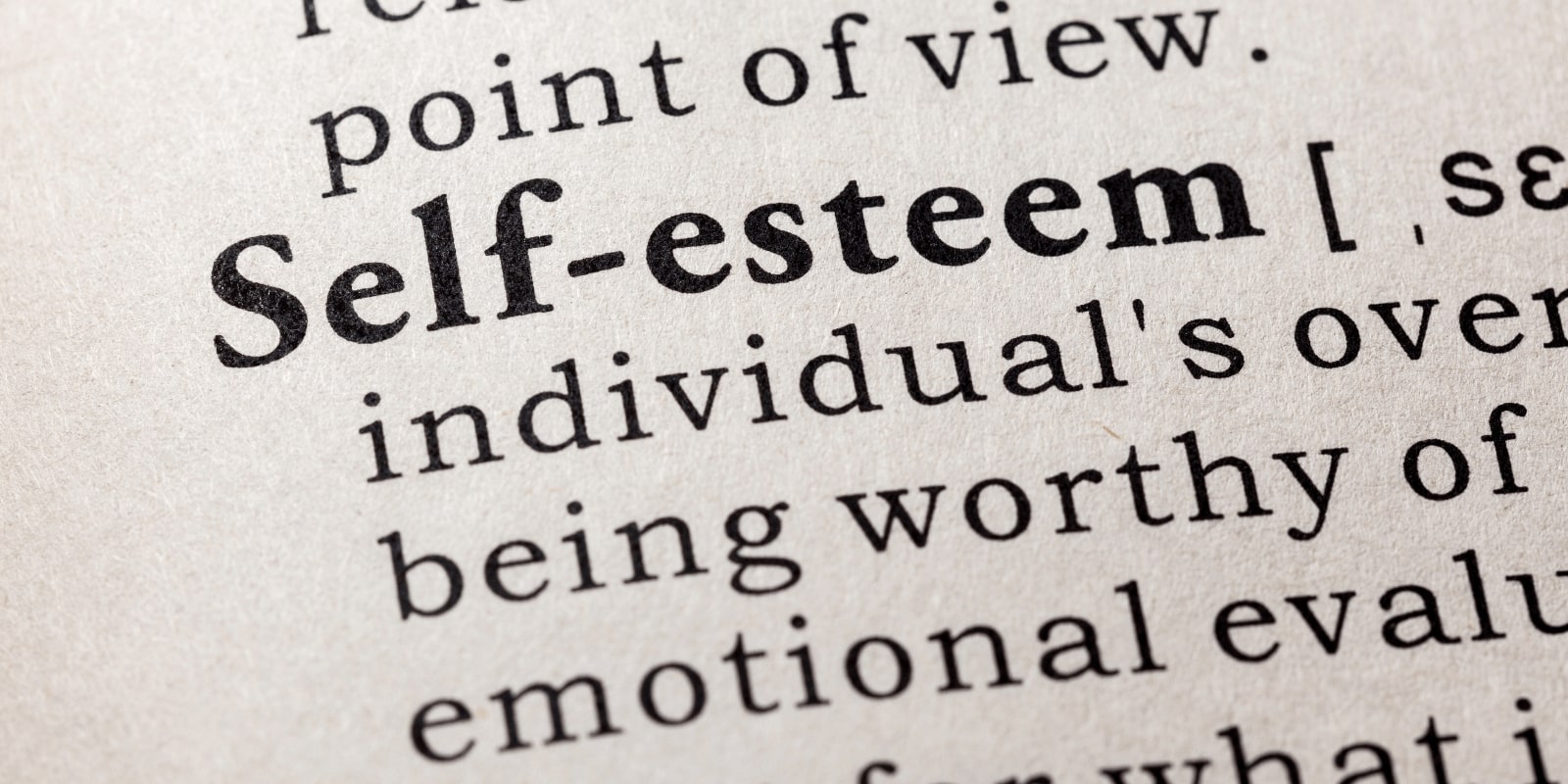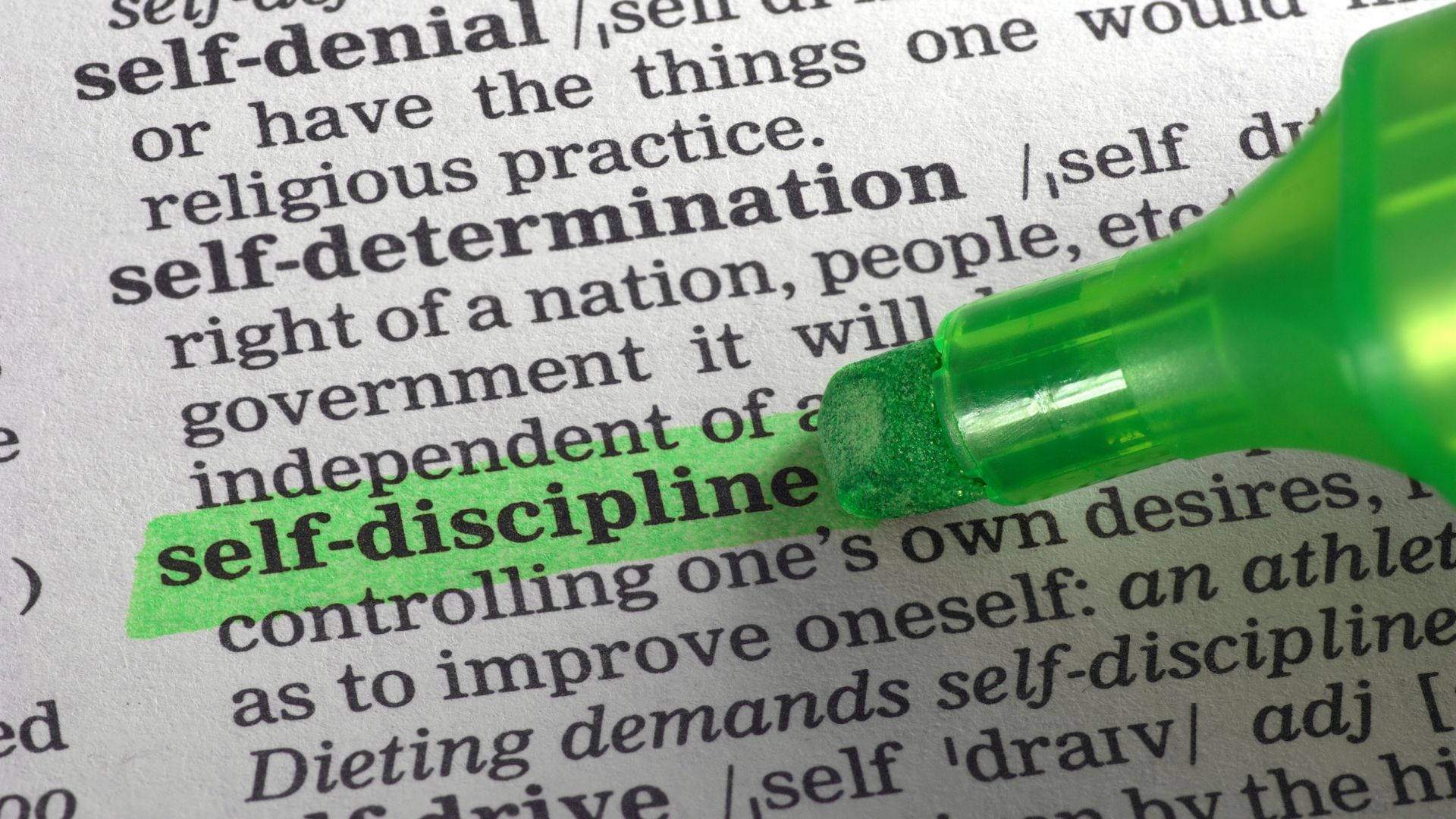In this blog post, we will dive deep into the world of self-confidence, its connection to success, and the practical steps you can take to boost your self-confidence and achieve your dreams.
We will explore proven strategies to boost your self-confidence for success, ensuring that you are well-equipped to conquer any challenge that comes your way.
Short Summary
- Understand the role of self-confidence and build resilience to manage life’s stresses.
- Develop a strong personal brand, practice positive self-talk & set realistic goals for success.
- Practice self care and seek support from mental health professionals to boost your confidence!
Understanding the Role of Self-Confidence in Success
Self-confidence is like a magic wand that can help you achieve success in all aspects of life, from personal relationships to professional pursuits.
It brings numerous positive outcomes, such as improved performance at work, stronger relationships, and greater overall satisfaction. So, how can you build self-confidence?
It all starts with recognizing your strengths, being aware of your abilities and circumstances, and developing resilience. By unlocking your self-confidence, you can open a world of opportunities in both your personal and professional life.
But what exactly does it mean to be self-confident? It means you have faith in your abilities and experiences, you do not lack confidence which empowers you to make decisions confidently, build resilience to tackle challenges, and strengthen relationships with others.
In the following sections, we will delve into the impact of self-confidence on decision-making, the difference between self-confidence and self-esteem, and tips for developing self-confidence.
The impact on decision-making
Confidence plays a vital role in decision-making, risk-taking, and problem-solving abilities. When you are confident people trust your abilities, you’re less likely to miss out on opportunities that could help you grow and develop your skills.
Self-efficacy, or your confidence in your capacity to achieve success in particular scenarios, is a crucial factor in cultivating confidence.
Adopting a growth mindset, or the belief that your basic qualities can be cultivated through your efforts, can also significantly impact your decision-making process.
In essence, the more confident you are, the more empowered you’ll be to take charge of your own life, and shape the events in it.
Building resilience
Self-confidence is instrumental in building resilience, which is the ability to recover quickly from setbacks or missteps. It empowers you to take on responsibility and face challenges head-on, without succumbing to burnout or other negative consequences of working too hard.
In fact, building self-esteem and healthy relationships in the workplace can significantly contribute to your overall resilience and ability to manage stress.
So, by building your self-confidence, you’re not only setting yourself up for success, but also equipping yourself with the tools to bounce back from any obstacles that may arise along the way.
The Difference Between Self-Confidence and Self-Esteem
While both self-confidence and self-esteem play crucial roles in our overall well-being, they are not the same thing.
Self-confidence refers to an outward reflection of your knowledge and experience, while self-esteem is an internal understanding of who you are and the value you bring.
Having both self-confidence and self-esteem is essential for success. When your self-esteem is solid, you’ll be able to tackle unfamiliar situations with confidence.
Low self-esteem or low self-confidence can cause self-doubt and lead to unhealthy self-talk. This can have major impacts on one’s mental health, well-being, as well as performance. The good news is that self-esteem can be improved.
In the next section, we will explore the unique aspects of self-confidence and self-esteem, focusing on their outward vs. inward focus.
The outward vs. inward focus
Self-confidence is all about having faith in your external abilities and having a positive self-image that you project outwardly. It is about how individuals present themselves to the world and how they interact with others.
On the other hand, self-esteem is about having an internal sense of self-worth and feeling good about your own value and worth.
By focusing on self-esteem inwards, you can create a strong foundation for your self-confidence and develop a healthy self-image that will be reflected in your interactions with others.
In essence, a balanced combination of self-confidence and self-esteem is vital for achieving success and personal growth.
Tips for Developing Self-Confidence
Now that we’ve established the importance of self-confidence and its role in success, let’s dive into some practical tips for developing self-confidence in various aspects of life.
In the following subsections, we will discuss how to embrace a growth mindset, practice positive self-talk, and set realistic goals to build your self-confidence.
Embrace a growth mindset
Adopting a growth mindset is a powerful and positive way to foster continuous learning and improvement. When you approach new challenges in life with a positive attitude and the confidence that you can succeed, you’re more likely to thrive and achieve your goals.
Cultivating a growth mindset involves setting achievable goals, speaking positively to yourself, and seeking out feedback and mentorship.
By focusing on learning and improvement rather than success or failure, you can build a solid foundation for self-confidence and personal growth.
Practice positive self-talk
One of the most effective ways to boost self-confidence is by replacing negative self-talk with positive affirmations and constructive feedback. Negative self-talk can hinder your capabilities and reduce your self-confidence.
By identifying negative self-talk patterns, reframing negative thoughts, and seeking feedback from others, you can make positive changes in your life and build your self-confidence.
Remember, the way we talk to ourselves has a significant impact on our self-confidence, so make a conscious effort to practice positive self-talk and challenge any negative thoughts that may arise.
Set realistic goals
Setting realistic goals is essential for boosting self-confidence and providing a rewarding feeling of accomplishment and progress. Realistic goals are those that you can confidently achieve given your current skills, timeframe, and motivation.
By setting SMART (Specific, Measurable, Achievable, Relevant, and Time-Bound) goals, you can ensure that your goals are realistic and achievable, setting yourself up for success and increased self-confidence.
Enhancing Confidence in Professional Life
Now that we have discussed some general tips for building self-confidence, let’s focus on strategies to boost self-confidence in the workplace.
In the following subsections, we will cover how to cultivate a strong personal brand, network effectively, and seek feedback and mentorship to enhance your confidence and success in your professional and personal life.
Cultivating a strong personal brand is essential for success in the workplace. It involves creating a unique identity that sets you apart from your peers and helps you stand out in the job market. This can be done by creating a template.
Cultivate a strong personal brand
Developing a personal brand and showcasing your strengths and achievements can do wonders for your self-confidence and professional success.
Personal branding is an empowering process of defining and promoting what you stand for as an individual, allowing you to stand out from the crowd and become more recognizable and relatable to your audience.
By highlighting your unique skills, experiences, and values, you can create a strong personal brand that will boost your self-confidence and pave the way for new opportunities in your career.
Network effectively
Networking is a powerful tool for building confidence and opening up new opportunities for success. By building strong professional connections, you can expand your network, gain new opportunities, and ultimately increase your self-confidence.
The key to effective networking is to attend events, join professional organizations, and leverage social media to connect with like-minded individuals and industry experts.
As you engage with others and share your knowledge and expertise, you will gain confidence in your abilities and strengthen your professional reputation.
Seek feedback and mentorship
Receiving constructive feedback and guidance from mentors can be incredibly beneficial in helping you refine your skills and build your confidence.
Feedback and mentorship are invaluable tools for personal and professional growth, as they provide you with new perspectives, constructive criticism, and insights on areas of improvement.
To gain valuable feedback and mentorship, consider asking for feedback from reliable colleagues, looking for mentors in your field, and being open to constructive criticism. This will not only help you improve your skills, but also boost your self-confidence in the process.
Strengthening Confidence in Personal Relationships
Building self-confidence doesn’t just apply to your professional life; it also plays a crucial role in your personal relationships. In this section, we will explore ways to enhance self-confidence in personal relationships.
Establishing healthy boundaries is an important step in building self-confidence. Setting boundaries helps define what is acceptable and unacceptable behavior in a relationship. It also helps to create a sense of safety and security.
Developing effective communication skills is another key to building self-confidence.
Establish healthy boundaries
Setting and maintaining healthy boundaries is an essential aspect of fostering healthy relationships and protecting your emotional well-being and self-confidence.
Healthy boundaries involve setting limits and expectations that help define what is acceptable behavior while still respecting your own needs and the needs of others.
By communicating your wants and needs clearly, you can create a solid foundation for your relationships built on trust, respect, and confidence.
Develop effective communication skills
Improving your communication skills is a powerful way to express yourself confidently and assertively in personal relationships.
Effective communication involves being clear, concise, complete, correct, and compassionate, as well as active listening and using the right communication method.
By honing your verbal, written, and nonverbal communication skills, you can build trust and understanding with others, ultimately boosting your self-confidence in your personal relationships.
Surround yourself with positive influences
Fostering connections with supportive and uplifting individuals can significantly impact your self-confidence in personal relationships.
Positive influences are people, experiences, or things that have a beneficial impact on your thoughts, emotions, and behaviors, encouraging you to become the best version of yourself.
By surrounding yourself with positive influences, you can create an environment that nurtures your self-confidence and empowers you to thrive in your personal relationships.
Overcoming Low Self-Esteem
Low self-esteem can be a significant obstacle to building self-confidence. However, by committing to positive self-talk, setting achievable goals, taking care of yourself, questioning negative beliefs, and exploring new things, you can boost your self-esteem and unlock your full potential.
In the following subsections, we will discuss how to recognize and challenge negative beliefs and practice self-compassion to overcome low self-esteem and build self-confidence.
Recognize and challenge negative beliefs
Negative beliefs are limiting thoughts or attitudes that can prevent us from reaching our full potential. These beliefs can have a powerful impact on our self-esteem, leading to anxiety, depression, and other mental health issues.
To develop self confidence and overcome negative beliefs, it’s essential to question, reframe, and replace them with more positive and empowering beliefs.
By celebrating your strengths and successes, talking to yourself with kindness and encouragement, and setting achievable goals, you can cultivate positive beliefs and build a strong foundation for self-confidence.
Practice self-compassion
Self-compassion involves treating ourselves with kindness, patience, and understanding, especially during difficult times. It’s a powerful process that involves three main elements: self-kindness, common humanity, and mindfulness.
By practicing self-compassion, you can nurture your emotional well-being, build resilience, and ultimately boost your self-confidence.
Remember, showing yourself compassion is not a sign of weakness, but a sign of strength and self-awareness that can pave the way for growth and success.
Building Confidence Through Self-Care
Taking care of yourself is not only essential for your overall well-being, but also for building self-confidence.
In the following subsections, we will discuss how prioritizing physical well-being and engaging in activities that bring joy can help boost your self-confidence and set you on the path to success.
Physical well-being is important for maintaining a healthy lifestyle and feeling good about yourself. Eating nutritious meals, exercising regularly, and getting enough sleep are all essential for feeling energized and confident. Additionally, additional information is provided below.
Prioritize physical well-being
Regular exercise, proper nutrition, and sufficient sleep are essential for maintaining your physical well-being and overall confidence.
When you feel good physically, it has a positive impact on your mental and emotional health, making you feel more like a confident person and capable in all aspects of your life.
By prioritizing your physical well-being, you’re not only taking care of your body, but also nurturing your self-confidence and paving the way for personal growth and success.
Engage in activities that bring joy
Participating in hobbies and interests that promote happiness and self-satisfaction can significantly boost your self-confidence.
When you engage in activities that bring joy and fulfillment, you’re more likely to feel positive about yourself and your abilities.
Whether it’s throwing a ball outside, going for a run, doing a small creative activity, performing altruistic acts of kindness, spending money wisely, meditating, finding something to look forward to, doing something you’re good at, or watching the sunrise, engaging in activities that bring joy can help you build self-confidence and achieve success in all aspects of your life.
The Role of a Mental Health Professional
Sometimes, seeking support from a mental health professional can be invaluable in addressing underlying issues related to self-confidence and self-esteem.
Mental health professionals are highly-skilled and licensed healthcare practitioners who offer invaluable services to help improve mental health disorders, provide therapy, counseling, and other forms of treatment.
By working with a mental health professional, you can gain new insights and perspectives on your self-confidence and self-esteem, develop healthy coping strategies, and build resilience to face life’s challenges with more confidence afterwards.
Real-Life Examples of Confidence in Action
To further inspire you on your journey to building self-confidence, let’s look at some real-life examples of individuals who have overcome challenges and achieved success through developing self-confidence.
One such individual conquered their fear of public speaking and went on to become a successful motivational speaker.
Another individual, who once struggled with a fear of failure, went on to become a successful entrepreneur.
These inspiring stories demonstrate that with dedication, persistence, and self-confidence, you can achieve your goals and overcome any obstacles that may stand in your way.
Confidence in action means taking action and making decisions with confidence, even in the face of uncertainty, stress management or fear.
By speaking up in uncomfortable situations, ensuring that your tasks are completed correctly, and taking calculated risks, you can show confidence in action and set yourself up for success.
Frequently Asked Questions
What are the 5 ways to boost your confidence?
Five ways to boost confidence include: focusing on your own abilities, believing in yourself, avoiding negative thoughts, monitoring your progress and increasing your challenges.
By following these tips, you can start on the path to success and self-confidence.
What are the six 6 ways to build your self-confidence?
You can increase your self-confidence and become more successful by setting realistic goals, engaging in positive self-talk, developing a strong network of support, embracing your uniqueness, taking care of your physical and mental health, and celebrating your accomplishments.
With these steps, you can become your own cheerleader and enjoy a healthier, more confident outlook on life.
What are the 10 steps to build self esteem and confidence?
Boosting your self-esteem and confidence starts with being kind to yourself, recognizing positives, building a support network, talking therapy, setting yourself a challenge, looking after yourself, taking it one step at a time, stepping out of your comfort zone, surrounding yourself with people who believe in you and doing something that makes you happy.
This can be achieved by taking small steps and focusing on the positives. Start by writing down three things you like about yourself and three things you are proud of. Make a list of people who you can turn to for support and advice. Consider talking to a therapist if you feel overwhelmed.
Set yourself a challenge that you can work towards, such as learning a new skill or taking up a hobby. Make a Difference.
Summary
In conclusion, building self-confidence is crucial for achieving success in all aspects of life, from personal relationships to professional pursuits.
By understanding the role of self-confidence in success, embracing a growth mindset, practicing positive self-talk, setting realistic goals, and taking care of yourself, you can unlock your full potential and create a bright future filled with opportunities and achievements.
So, take a leap of faith, embrace your strengths, and start your journey towards unshakable self-confidence today!













